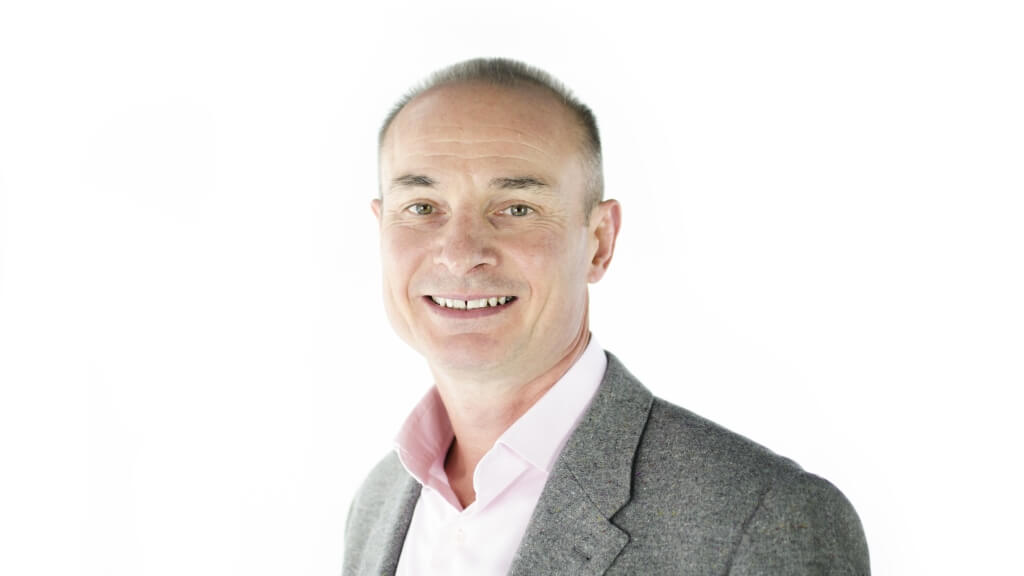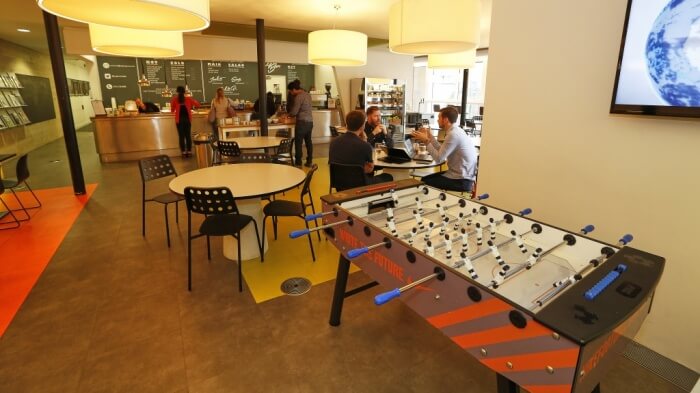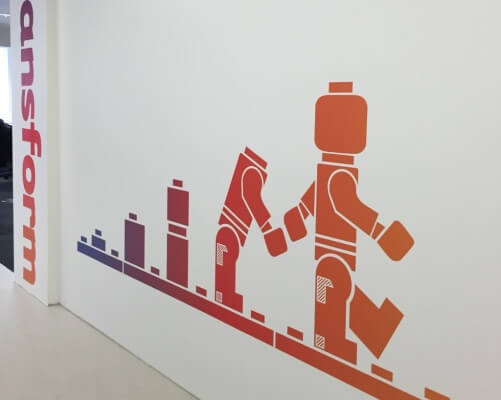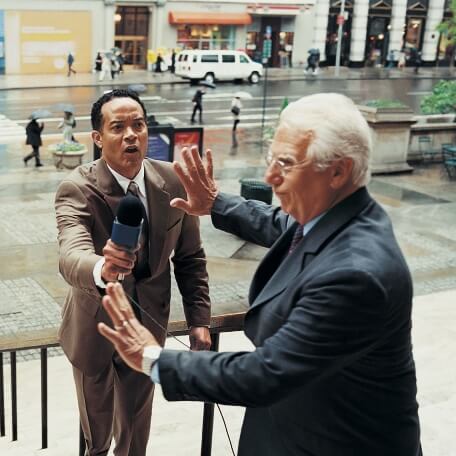Judging how fast to grow is a nice problem to have. For Transform, the time has come to move up a gear, says its chairman.
'We Should Have Grown Faster'
Judging how fast to grow is a nice problem to have. For Transform, the time has come to move up a gear, says its chairman.

Bill James, non-executive chairman of digital transformation business Transform, is happy with the company's steady growth over the last 15 years. But he says now is the time to push harder and to shout about its positive results.
Give us the lowdown on your business
Transform works with companies and government departments to bring digital transformation to life. What that means is that we make sure their investment in digital benefits both the organisation and their customers.
How did it come about?
I joined the business in its infancy. It was created in 2000 when the founders recognised that the internet was massively going to impact every major company and government department and saw an opportunity to create a service that could guide them through the process and to work out best practices.
Plot the growth story to today
Turnover for 2015 was £10m+ and we have over 40 permanent members of staff. However, as an associate based business, the number of staff on our books isn’t reflective of the size of the business.
Due to the fact that we are pretty integral to our clients, we’ve continued to work with many of the clients for a long time. Our strongest legacy is with retail brands, but we have expanded into telecommunications, media and financial services.
We also have a long track record of working with the public sector across a diverse range of government agencies and departments. This included working with Public Health England to develop their One You app, which advises consumers on staying healthy.
How are market conditions right now?
Everyone wants to be in our market. Every week there seems to be a new entrant, whether a one man band, boutique organisation or marketing agency, all saying they do what we do. This is because the space is very vibrant with a huge amount of opportunity.
We sit at the centre of the digital transformation landscape and were one of the pioneers of the sector. Our clients trust us to ensure they can continue to operate successfully amidst digital developments. As a result, we think we can continue to be relevant in the market.
How have you overcome obstacles?
The major bumps in the road always come when there are changes in the market – the financial crash of 2008 being the most obvious one. We were, however, flexible enough to navigate that very successfully.
We also weathered the period when the government shut down spend on digital consultancy. At the end of the this period we worked on the Martha Lane Fox report, writing the new digital strategy for the government. This guide to digital transformation is still the blue print for governments today and is being used globally.
What do you do to market the business?
At Transform, our marketing approach has always been about relationships, so vital to retention and referrals, two areas we’ve always performed very well at. In many respects, we’ve been modest in our approach to marketing the business, becoming a bit of a best kept secret in the process.
However, we’ve reached a point where the time has come to share the great work we’ve been doing and ensure we’re known for it.
What the hardest thing about running your own business?
I think the hardest thing about running a business is how hard we are on ourselves because we genuinely care about the work we do. You have to constantly be on your toes, ahead of the latest innovations, ensuring we can respond to developments relevant to our clients – you don’t get much rest!
The most fulfilling thing is the fact I get to work on some of the most exciting projects with some of the smartest and most interesting people in the business. It’s so great to see our work actually make a huge impact on a business, so things like implementing click and collect for Argos that completely overhauled their market offering.
What is your biggest mistake?
The only thing that really stands out for me is that we could have pushed for growth more aggressively 7 years ago – not that we didn’t push, we just could have accelerated the speed in which it happened.
How is the business different?
Our associate model is very important to us, so much so that it’s become the life of the business. What it means is that clients get the best person for the job, not the next person on the bench - we custom build each team to fit individual client’s needs.
Our aim is to work with our clients to get fishing rods, not fish, which basically means we don’t want them to become dependent on us. We want them to have the tools to grow, so they can come back to us for the next stage of their development.
We do things this way because we’re really focused on client satisfaction and have outstanding ratings amongst our clients, this is why our repeat and referrals are so strong.
How do you keep staff interested?
We are a part of the Enging group, which is a Times top 100 organisation. With this association comes all kinds of positive attributes and incentives that make us a really positive place to work.
Essentially, our associate model means we can focus on allowing employees to work on the things they enjoy and enables them to really connect with their clients.
Do you think the government is supportive of businesses like yours?
As part of the Engine group we’re not really exposed to this anymore, but when we were starting up we found the business environment a challenge and could have benefited from slightly more support than we received – but this is 16/17 years ago now!
What are your top three tips for people starting a business today?
- It’s harder than you think it is.
- If you get it right it’s more enjoyable than you think it could be.
- If you’re absolutely convinced that it’s the right thing to do just do it now.
Thanks for signing up to Minutehack alerts.
Brilliant editorials heading your way soon.
Okay, Thanks!





